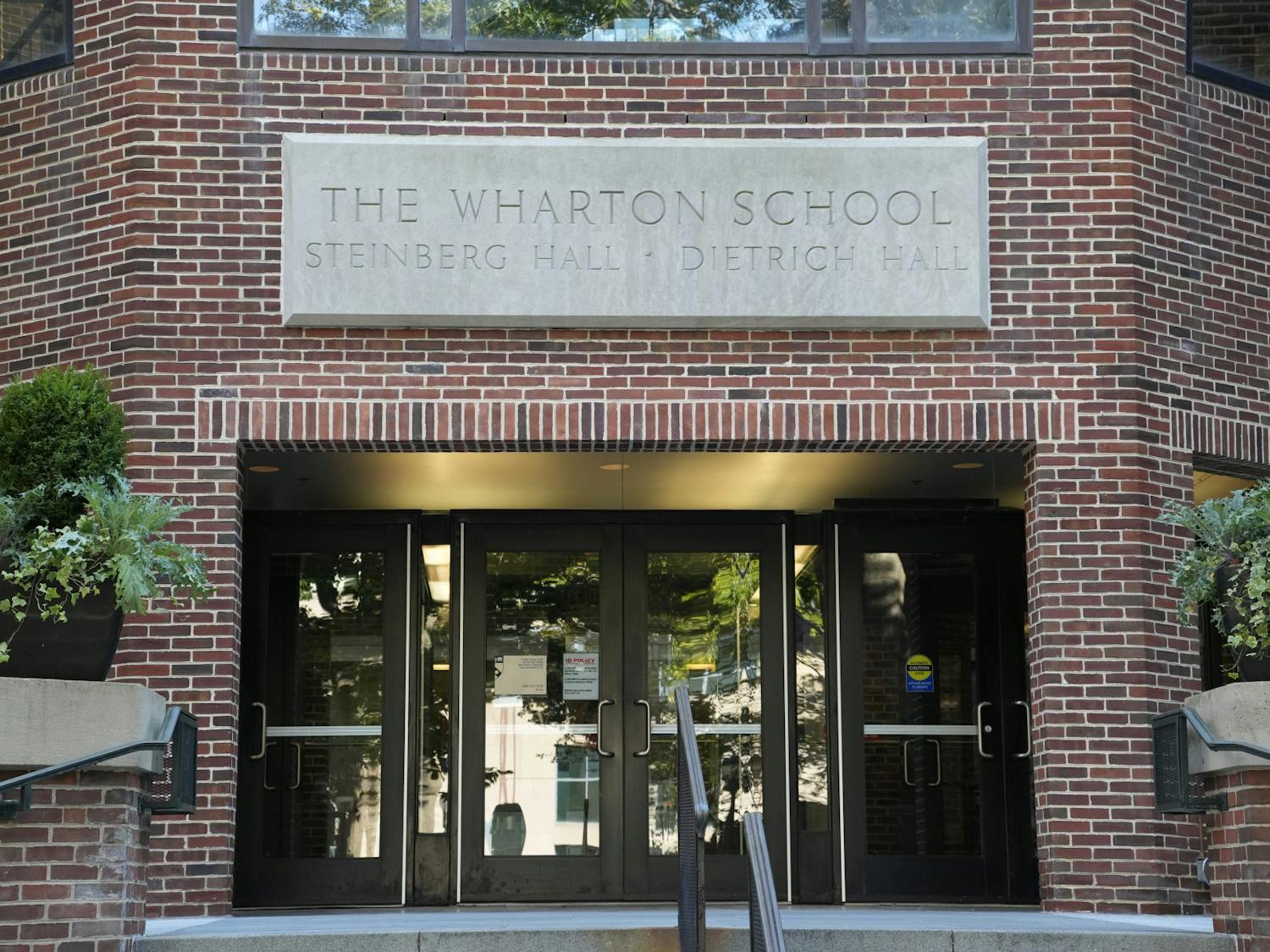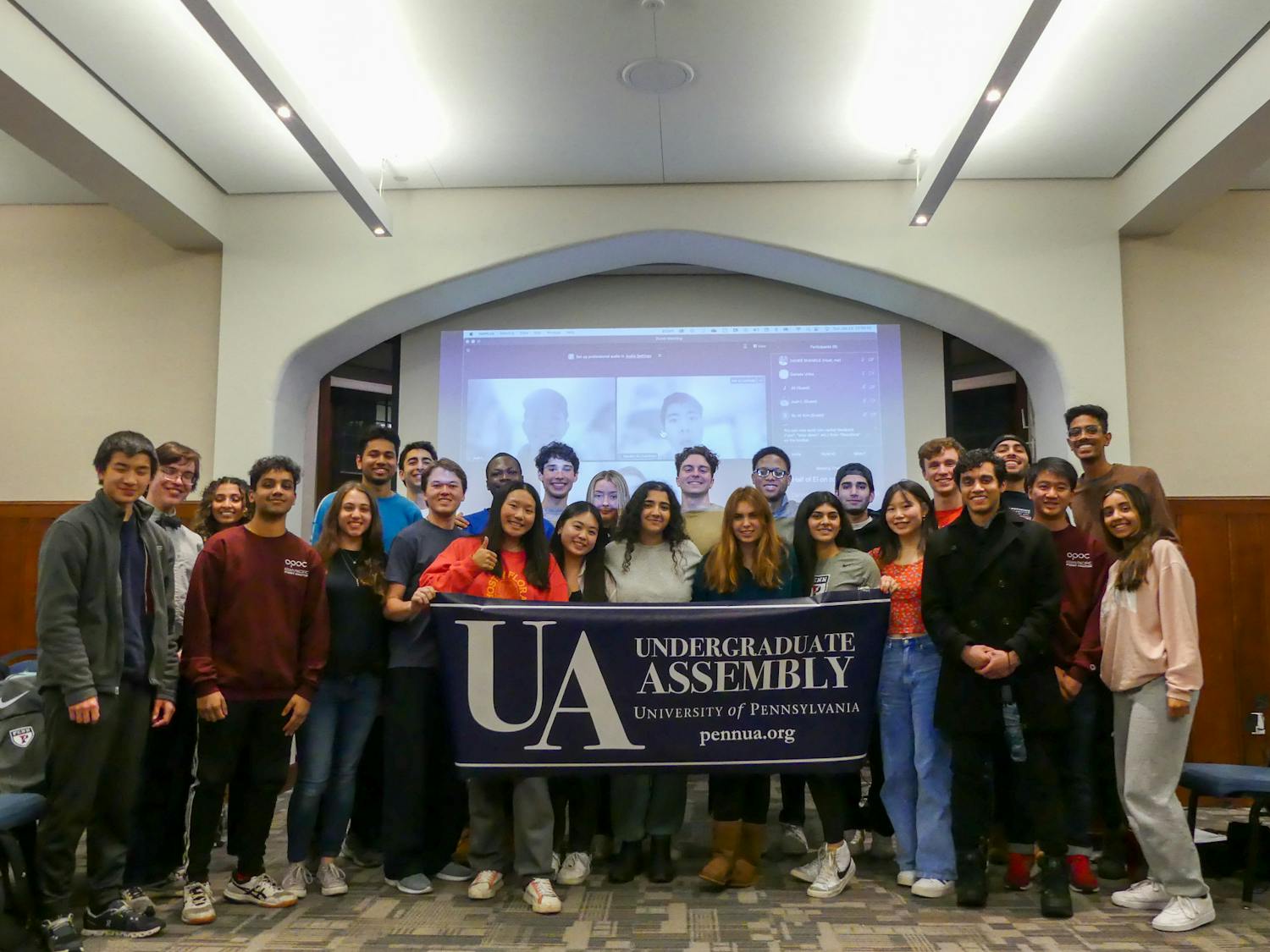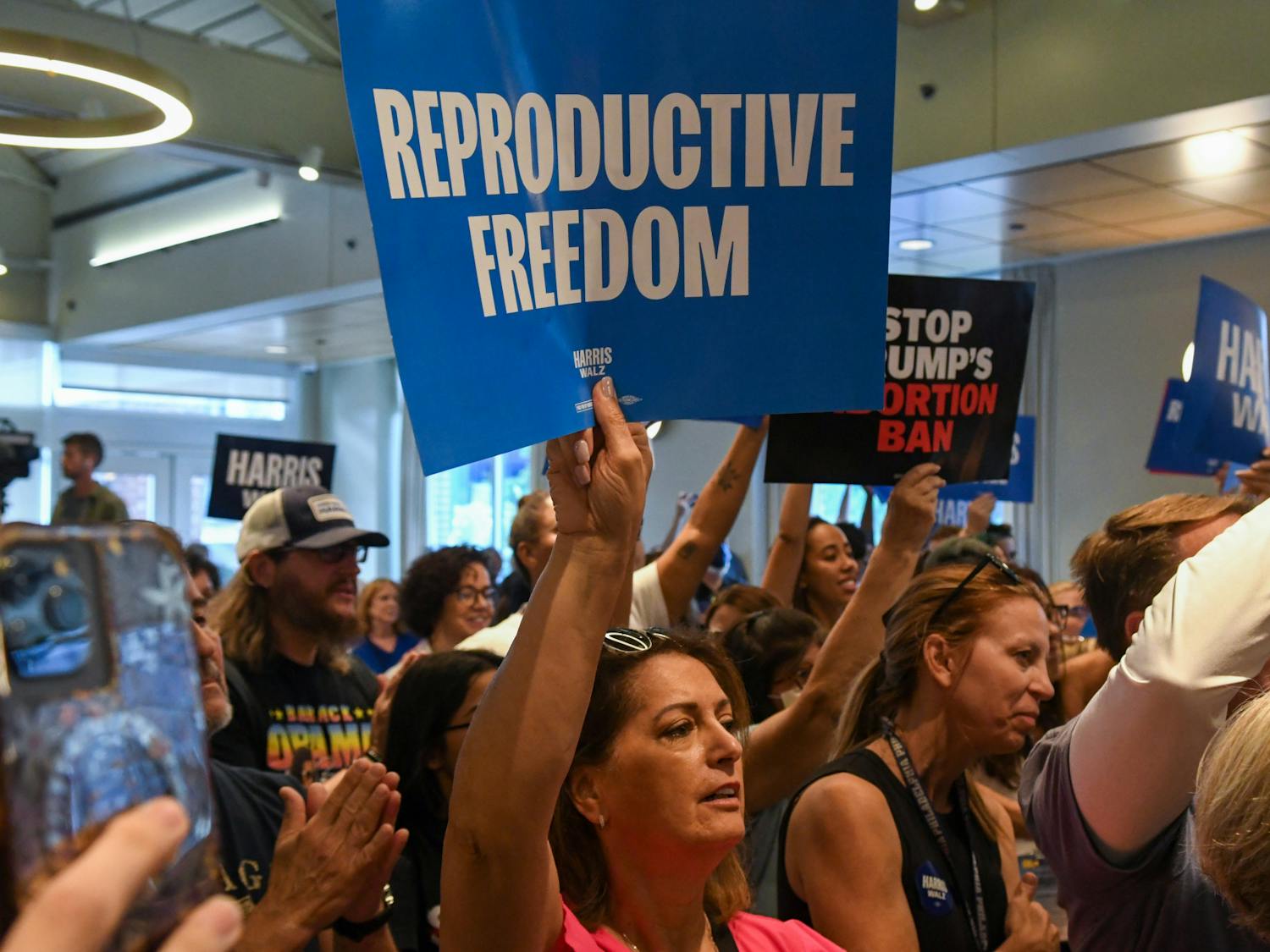I suffered silently through calculus. I spent my Friday afternoons in "Psychology 001" without complaining. I even spent a semester studying the solar system because the curriculum told me to.
But I absolutely refuse to be told I have to study religion.
The Association of American Colleges and Universities, of which Penn is a member, discussed a proposal at its meeting last month to integrate the study of religion across the curricula of American universities.
Thankfully, College of Arts and Sciences Dean Dennis DeTurck said Penn has no plans to implement any such curriculum changes and called any attempt to implement any ideology across the entire curriculum "somewhere between naive and presumptuous."
The proposal expresses concern that although the United States is deeply rooted in religious tradition, religion on college campuses has been "marginalized" to religious studies departments and student groups.
But there are certainly other traditions deeply rooted in American society that have been "marginalized" in the same way, such as economics. It is impossible to deny that economics and the question of how to maximize financial success are vital to American interests. So should I have to study economics in my Hebrew class?
Of course not.
But economics, like religion, should only be incorporated into the curriculum when relevant. Instead of adding religion across academic fields, College senior Maggie Chang wishes that more courses were available in the Religious Studies Department. If Penn is looking to encourage the academic study of religious perspectives, it should boost the offerings in that department, she said.
These disciplines are also included in several non-departmental classes. It is nearly impossible to teach an art history class, for example, without discussing religious symbolism, and almost all political science classes mention economics.
The curriculum doesn't need to be tailored to everyone's individual interests. Our campus student groups exist solely for the purpose of allowing students to pursue their interests outside the classroom with their peers. And believe me, we have plenty of them.
Even people who find Penn relatively hostile toward religion felt that integrating it into the curriculum was a poor solution to the problem.
College senior Chris Catania noted that Penn is more welcoming of some religions than others, but didn't agree with the proposal. "Forcing it down people's throats" might make students more hostile to religion, he said. "I don't think people would take too kindly to it here."
History professor Alan Kors, who is the co-founder of a group dedicated to promoting civil liberties in education, believes Penn creates a hostile environment toward religion by not funding religious student groups.
"I don't see why Penn students should have fewer Bill of Rights protections" than students at other schools, he said, adding that the Student Activities Council policy of not funding religious groups is unique among even private American universities.
However, even Kors said no outside group should be able to dictate college curricula. While he is not opposed to a "more pluralistic" curriculum, those decisions should be left up to faculty and department staff, he said.
Finally, the proposal cites a 2005 study that claims that three out of every four college students are "searching for meaning/purpose in life." Well, duh. Didn't we come to college to figure out what contribution each of us is going to make to the world?
We've all got a lot of big decisions to make, and we are all perfectly within our rights to use whatever religious beliefs we may have to help us along the way. But if we really do learn "in the context of [our] personal values, beliefs and experiences," as the proposal claims, it shouldn't matter whether these beliefs are secular, religious or a combination of the two. And it is definitely not up to the curriculum to help us decide.
There is absolutely no reason to broadly integrate religion across the curriculum. Even if college campuses aren't the most welcoming places toward religion, there are better ways to accommodate religion than by forcing students to study it.
I'd even rather take calculus again -- just please promise me I won't have to listen to my professor try to tell me how the Old Testament is related to integrals.
Liz Hoffman is a sophomore political science major from New York, N.Y. New York Minute appears on Mondays.








